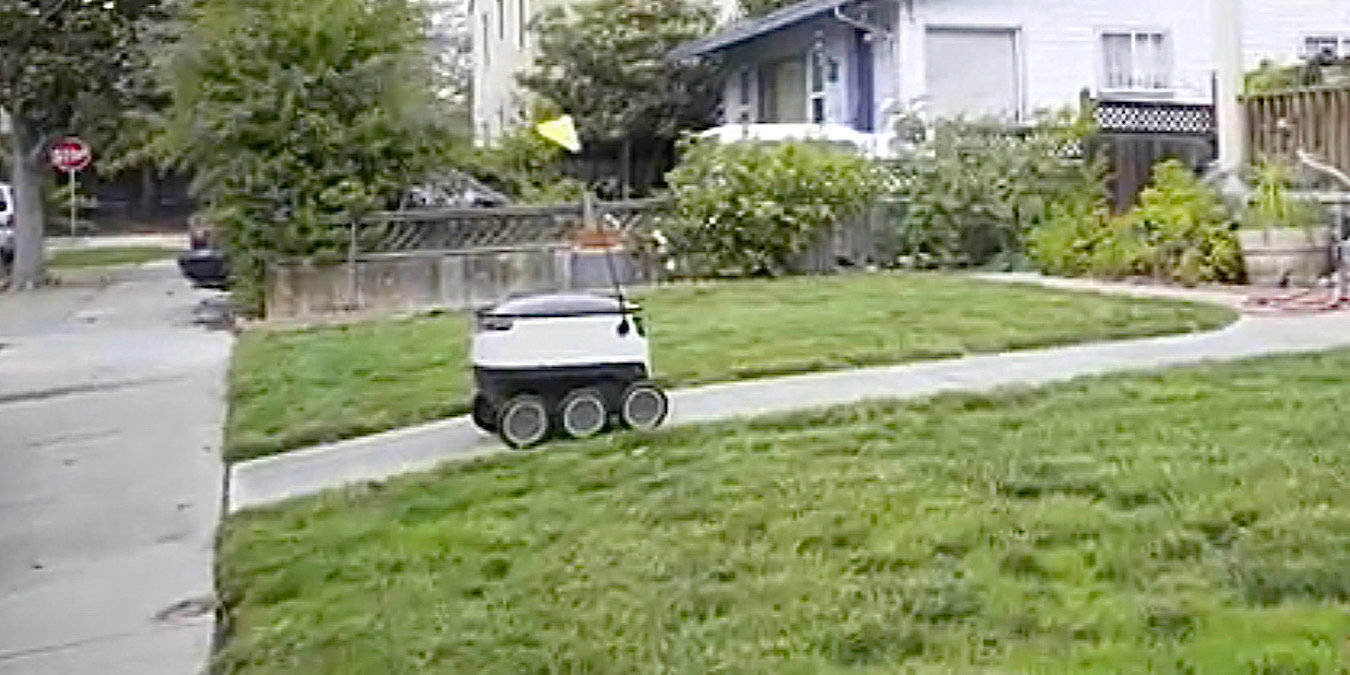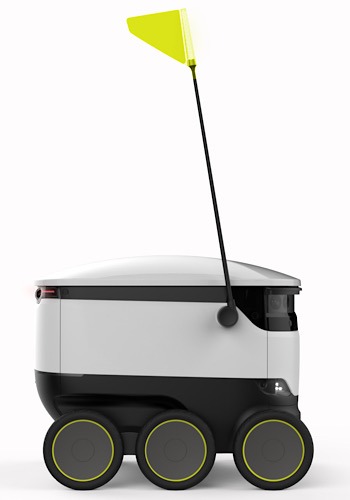
There is no other way to look at it than coronavirus COVID-19 is changing lives across the globe. Depending where you live, you may have been asked to stay inside your home as much as you can. If you have or are afraid you have the virus, you aren’t able to leave at all. This has left many people in need of meals and groceries, making it the perfect time for autonomous delivery robots to find their customers.
Starship Technologies Meeting the Demand
In some areas it’s so tough to get groceries that a demand has started. Bread lines are forming, essentials like toilet paper, soap, and milk are running out. But it’s more than groceries. Some places have shut down restaurants and bars – they’re limited to carryout service.
With people also being afraid or not being allowed to leave their homes, it has increased the need for delivery services. Instacart has made it known they’re hiring. But there is such a demand, that there is still room for more.
Enter Starship Technologies, founded by Skype co-founders Ahti Heinla and Janus Friis. They launched a robot food delivery service after obtaining $40 million in funding.

“The demand for contactless delivery has expanded exponentially in recent weeks,” said the head of business development at Starship, Ryan Tuohy. “We’re looking forward to serving the Tempe community as more people are looking for ways to support local businesses while spending more time at home. Our robots are doing autonomous deliveries in five countries, and we’re grateful that our robots can make life a little bit easier for everyone.”
The autonomous delivery robots can each carry up to 20 pounds. They’re not going to being able to deliver a week’s worth of groceries for a family of four, but they can handle a few smaller trips during the week. The robots are remotely monitored by Starship, but human operators can take control as well.
An app is used to place an order, with progress being charted on an interactive map. Users get an alert that the robot has arrived, and they can meet it outside and unlock it through the app. The robots can travel day or night, on streets, climb curbs, and operate in any weather.
Expansion Plans
Starship has just added Tempe, Arizona, to their expansion plans. The company also put its autonomous delivery robots to work delivering groceries in Washington, D.C. in late March as well as in Irvine, California. While it’s been in service in Milton Keynes, U.K. since 2018, Starship expanded the service area. More cities are planned for the coming weeks.
In the service that was just added in Tempe, the robots can deliver orders from three restaurants. Starship Technologies plans to expand its service area there as well as add more restaurants and grocery stores. They also have plans to expand to 100 universities by late summer 2021.
Just last November, larger cities were not willing to accept FedEx delivery robots, with some fearing they would provide too much congestion in the streets. But there isn’t much congestion now. Major cities have turned into ghost towns. It will be interesting to see if those major cities change their tunes with regard to autonomous delivery now.
Image Credit: First Starship Robot Delivery in Redwood City and Starship Technologies







